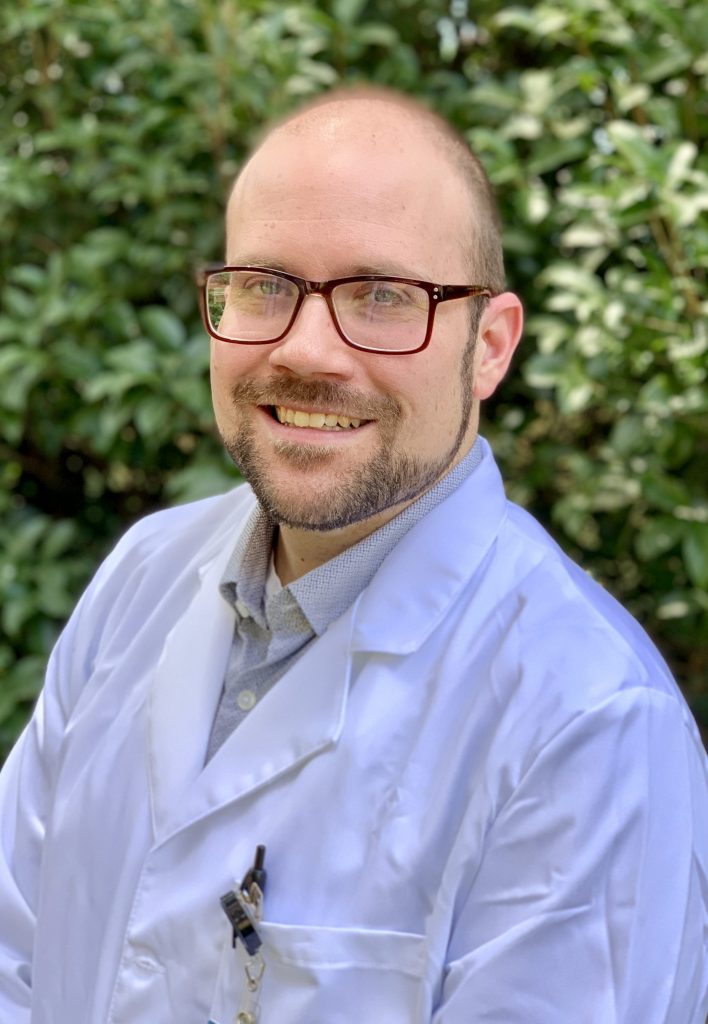Donald Caraccio, MD, principal investigator and assistant professor medicine, and Maya Styner, MD, associate professor of medicine, will lead a clinical site for the RESTORE study- REducing future fractureS and improving ouTcOmes of fRagility fracturE.
Bones in patients with osteoporosis often become fragile and have an increased risk for fracture or break. Known as fragility fractures, these events can cause severe pain and disability, and it is common for patients to experience repeat fractures.
The RESTORE study will test if patients with fragility fractures who are contacted by a patient navigator and then connected with a bone health specialist (Specialist-Fracture Liaison Service) have better health outcomes compared to those educated by their primary care physician (Primary Care-Fracture Liaison Service).
“There is an overall shortage of bone specialists such as endocrinologists and rheumatologists across the country. This can lead to delays in care due to long wait times to schedule an appointment, or patients travelling long distances to be able to receive specialist care,” Dr. Caraccio said.
Design of RESTORE
Funded by the Patient-Centered Outcomes Research Institute (PCORI), RESTORE will enroll about 2,600 adults throughout 20 sites around the country. Half of the participants will receive Specialist-Fracture Liaison Service, the others will be seen by their primary care provider.

Dr. Caraccio will enroll and follow around 150 patients at UNC’s clinical site. Dr. Styner will care for some patients as well.
Data sources, such as electronic medical records, will track fractures and deaths of those enrolled every 6 months, ending after 24 months. During that period, telephone surveys will also be conducted every 6-12 months to collect patient outcomes.
“We hope this study will clarify the effectiveness of specialist versus primary care providers for the treatment of osteoporosis in patients with fractures. This information will help direct patients to the most efficient and effective care in the future,” Dr. Caraccio said.
Researchers seek to understand if Specialist-Fracture Liaison Service will:
- Reduce the risk of fracture.
- Improve patient-reported outcomes.
- Increase awareness of evidence-based osteoporosis care
- Uptake of evidence-based osteoporosis care (e.g., pharmacotherapy).
The role age, race, geographical location and socioeconomic status has on the effectiveness of the two care pathways will also be explored.
Criteria for Participants
- Women and men, age 50 years or older
- Have experienced an osteoporosis clinical fracture in the last 6 months
- Have an established primary care provider
- Have not been exposed to an osteoporosis medication in the past year
- Cannot have end stage kidney disease, other bone diseases, cancer, or an issue limiting life expectancy to less than one year